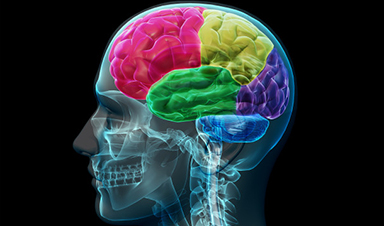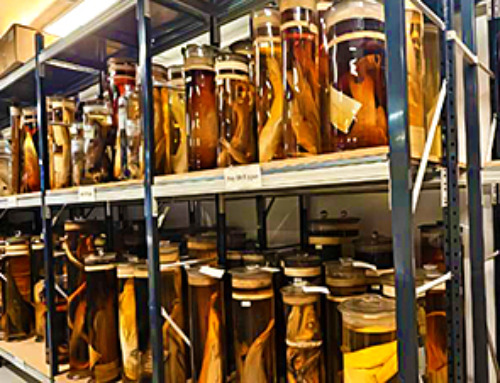Sure, artificial intelligence might end up being the downfall of humanity as we know it — that is, if Elon Musk’s fears come to fruition — but for the time being it’s actually quite useful. A new research effort by an international team of scientists reveals that machine-learning algorithms can be a powerful tool for medicine. The group, which published its work in the journal Nature, managed to create and train an AI to successfully identify different types of brain tumors with impressive accuracy.
In order to identify between different types of brain cancer, the team needed some criteria the computer could use to differentiate between them. With over 100 types of brain tumors already in the medical record, the process of identification can be tricky even for human doctors. The researchers used a DNA process called methylation as a sort of biological fingerprint and taught the AI to tell the difference between which of those fingerprints match specific cancer types.
Like all machine-learning algorithms, the AI needed a base of knowledge from which to draw comparisons. The team fed the computer the data of 2,800 cancer patients as a starting point, allowing it to identify an impress 91 different types of tumors. Then, they asked the computer to identify the type of tumor in over 1,000 known samples and found that the AI’s judgement didn’t match up with the human diagnosis in a number of cases.
As it turns out, the computer wasn’t incorrect in its identification; human doctors had misdiagnosed roughly 12 percent of the previously studied samples and the AI was correct.
Image Credit: Shutterstock
News This Week
Scientists Develop IV Therapy That Repairs the Brain After Stroke
New nanomaterial passes the blood-brain barrier to reduce damaging inflammation after the most common form of stroke. When someone experiences a stroke, doctors must quickly restore blood flow to the brain to prevent death. [...]
Analyzing Darwin’s specimens without opening 200-year-old jars
Scientists have successfully analyzed Charles Darwin's original specimens from his HMS Beagle voyage (1831 to 1836) to the Galapagos Islands. Remarkably, the specimens have been analyzed without opening their 200-year-old preservation jars. Examining 46 [...]
Scientists discover natural ‘brake’ that could stop harmful inflammation
Researchers at University College London (UCL) have uncovered a key mechanism that helps the body switch off inflammation—a breakthrough that could lead to new treatments for chronic diseases affecting millions worldwide. Inflammation is the [...]
A Forgotten Molecule Could Revive Failing Antifungal Drugs and Save Millions of Lives
Scientists have uncovered a way to make existing antifungal drugs work again against deadly, drug-resistant fungi. Fungal infections claim millions of lives worldwide each year, and current medical treatments are failing to keep pace. [...]
Scientists Trap Thyme’s Healing Power in Tiny Capsules
A new micro-encapsulation breakthrough could turn thyme’s powerful health benefits into safer, smarter nanodoses. Thyme extract is often praised for its wide range of health benefits, giving it a reputation as a natural medicinal [...]
Scientists Develop Spray-On Powder That Instantly Seals Life-Threatening Wounds
KAIST scientists have created a fast-acting, stable powder hemostat that stops bleeding in one second and could significantly improve survival in combat and emergency medicine. Severe blood loss remains the primary cause of death from [...]
Oceans Are Struggling To Absorb Carbon As Microplastics Flood Their Waters
New research points to an unexpected way plastic pollution may be influencing Earth’s climate system. A recent study suggests that microscopic plastic pollution is reducing the ocean’s capacity to take in carbon dioxide, a [...]
Molecular Manufacturing: The Future of Nanomedicine – New book from Frank Boehm
This book explores the revolutionary potential of atomically precise manufacturing technologies to transform global healthcare, as well as practically every other sector across society. This forward-thinking volume examines how envisaged Factory@Home systems might enable the cost-effective [...]














Leave A Comment